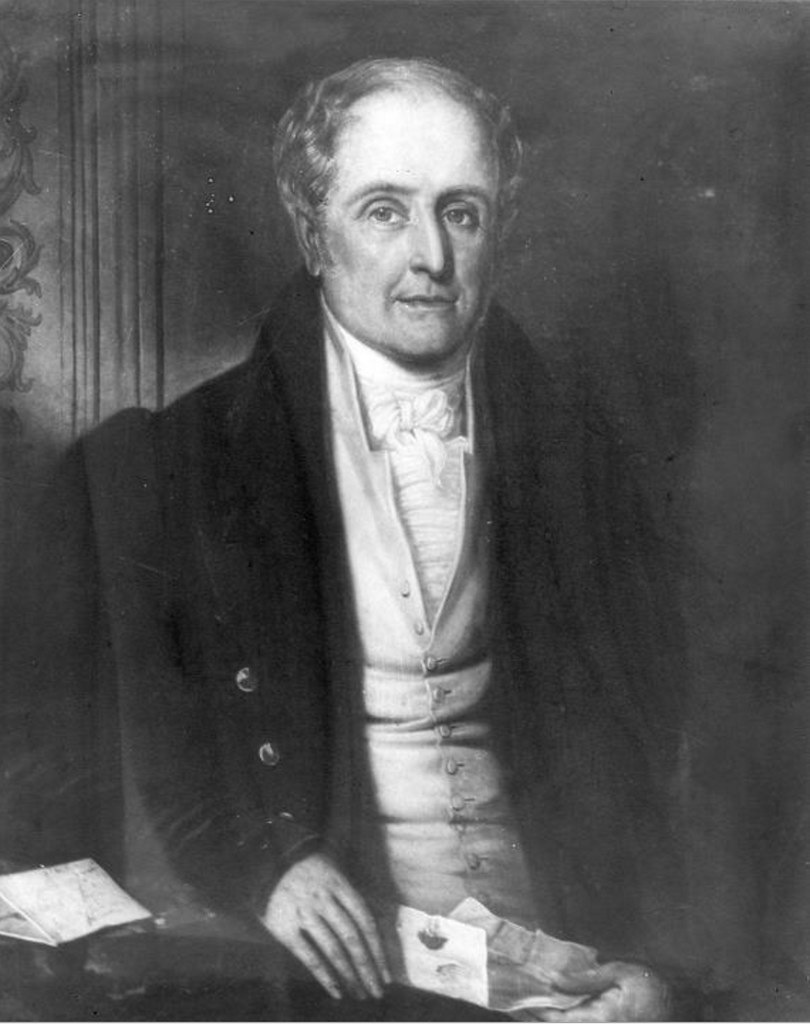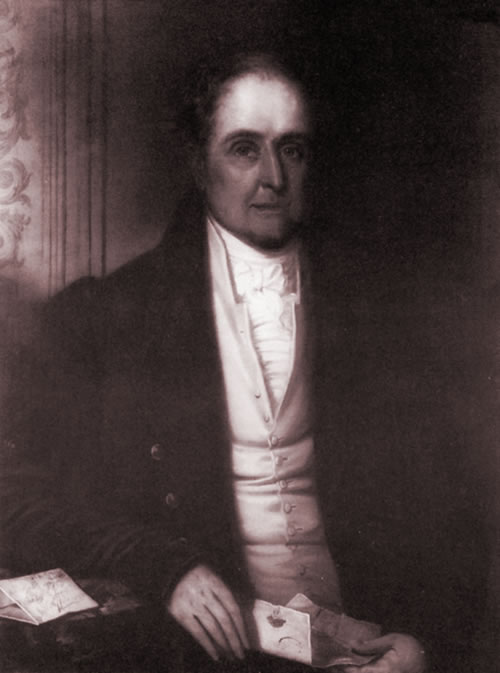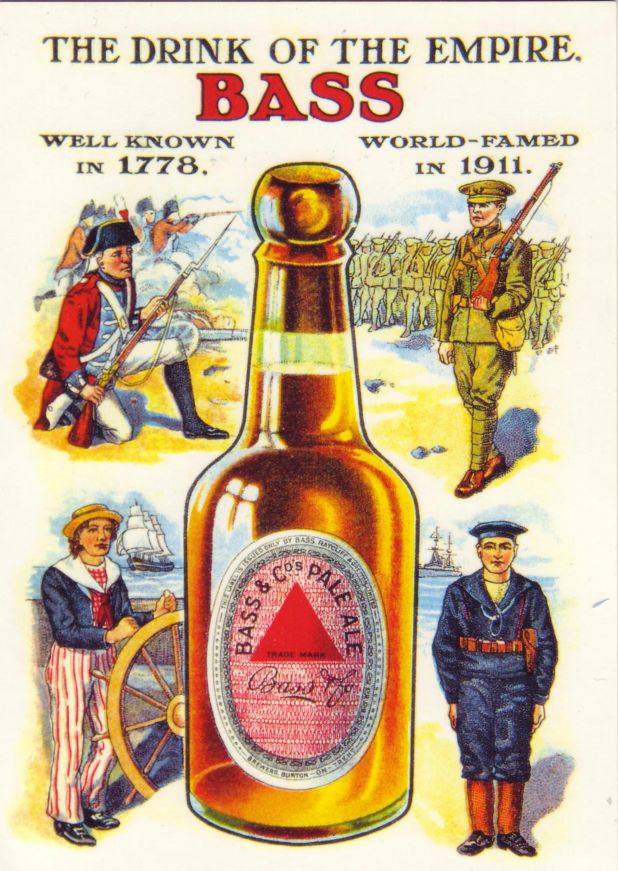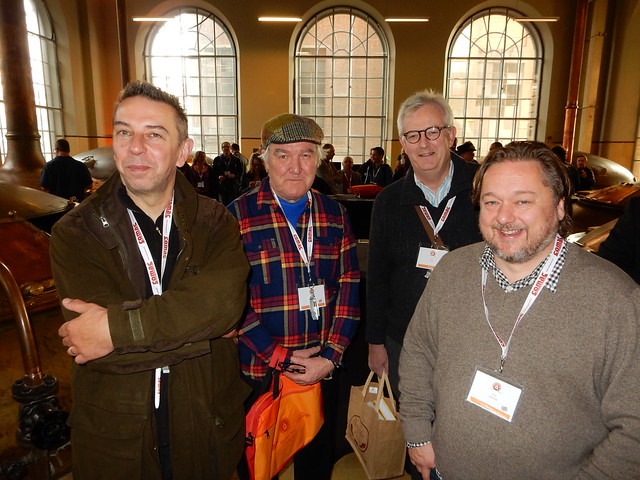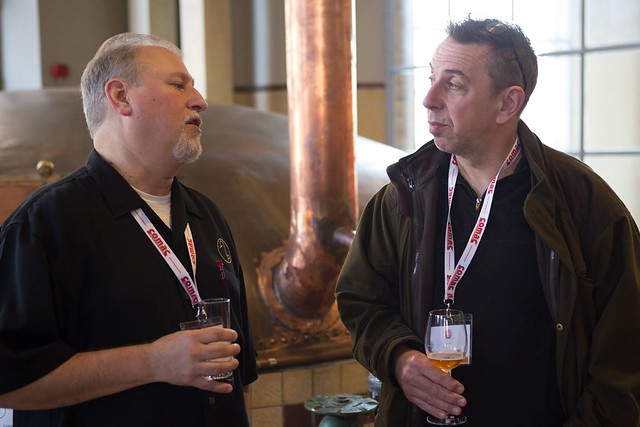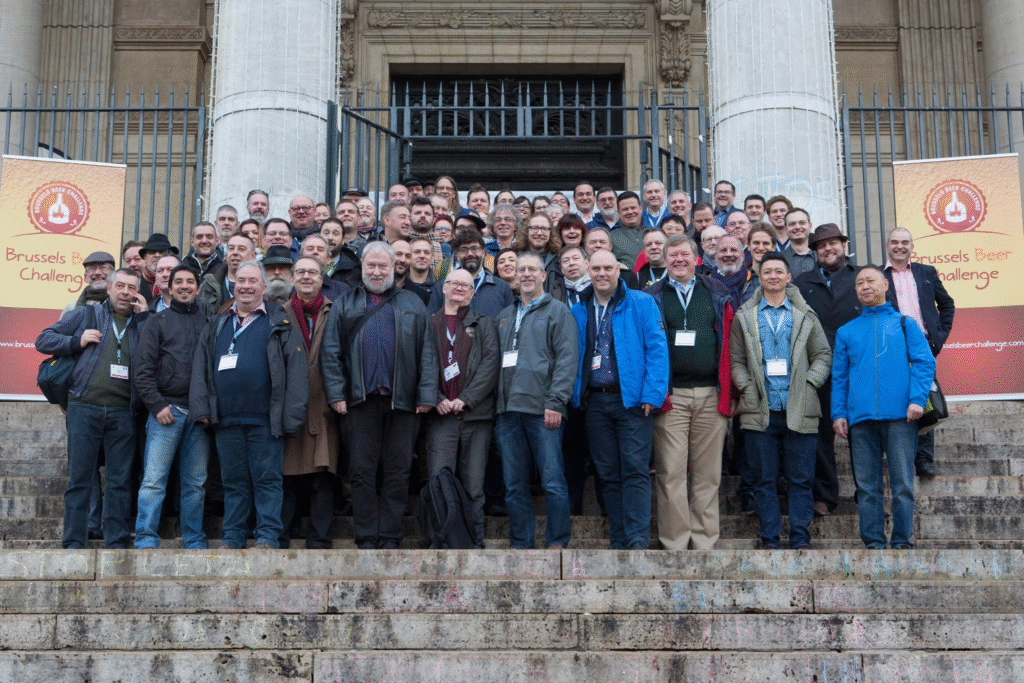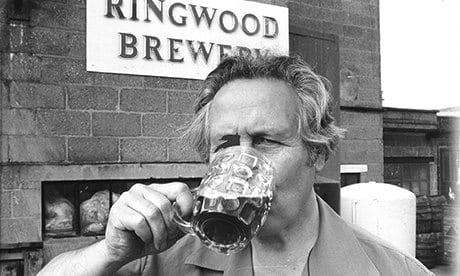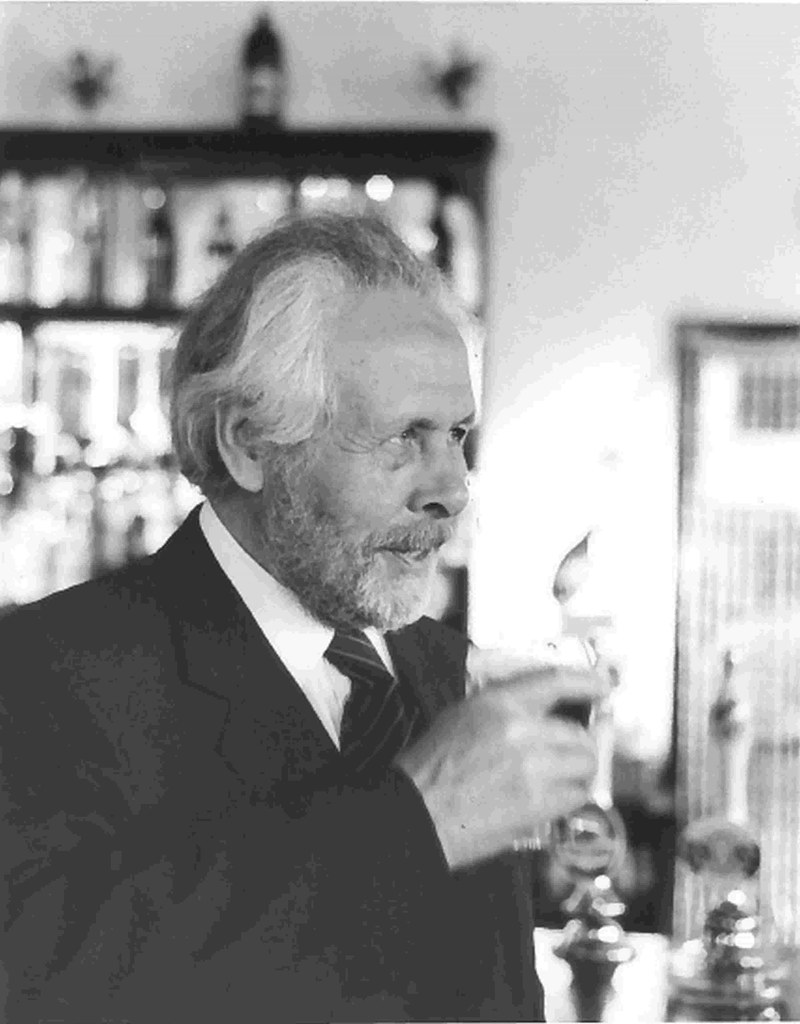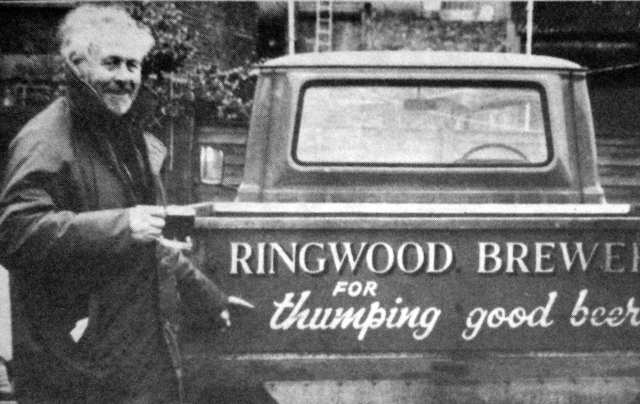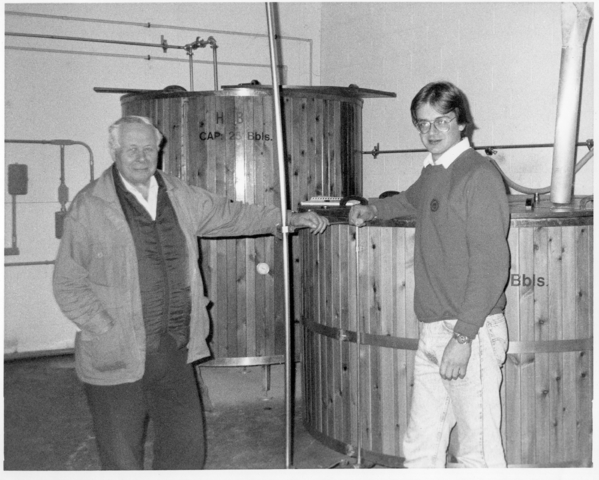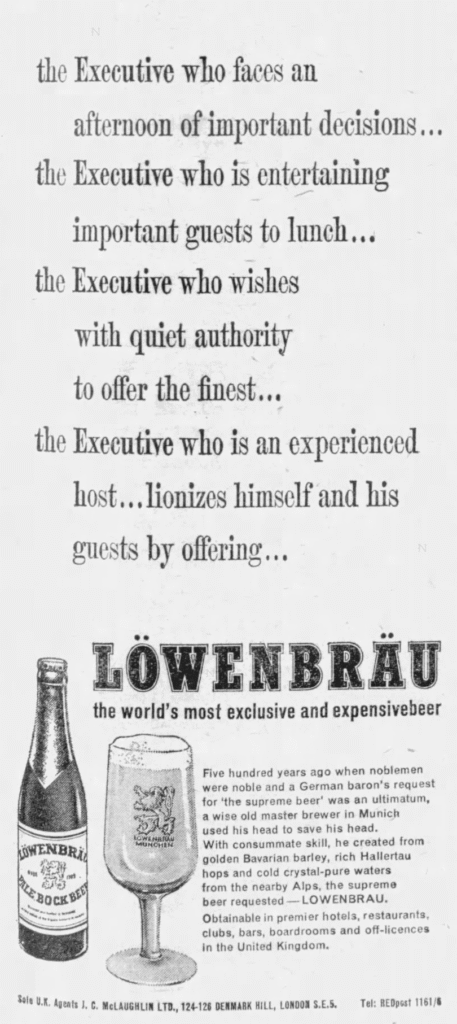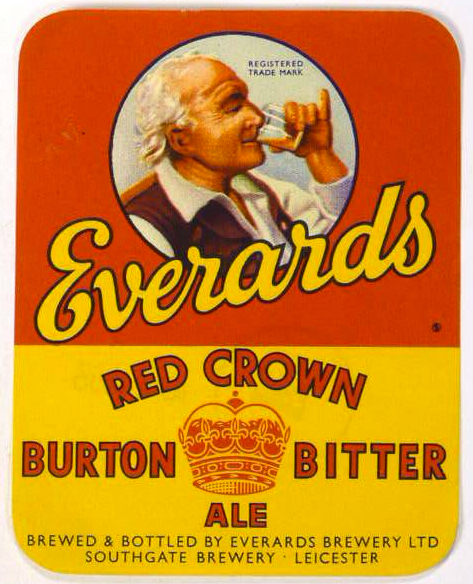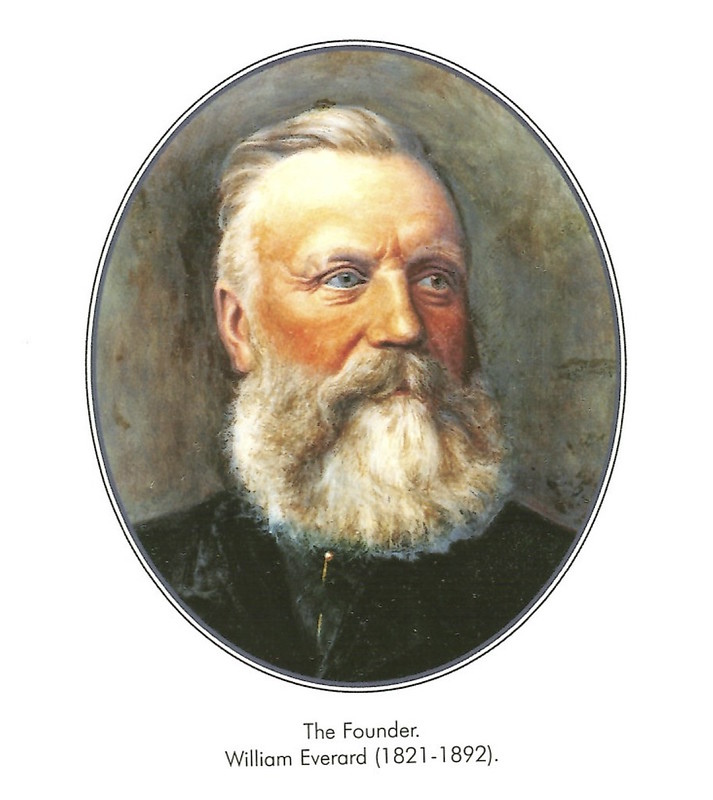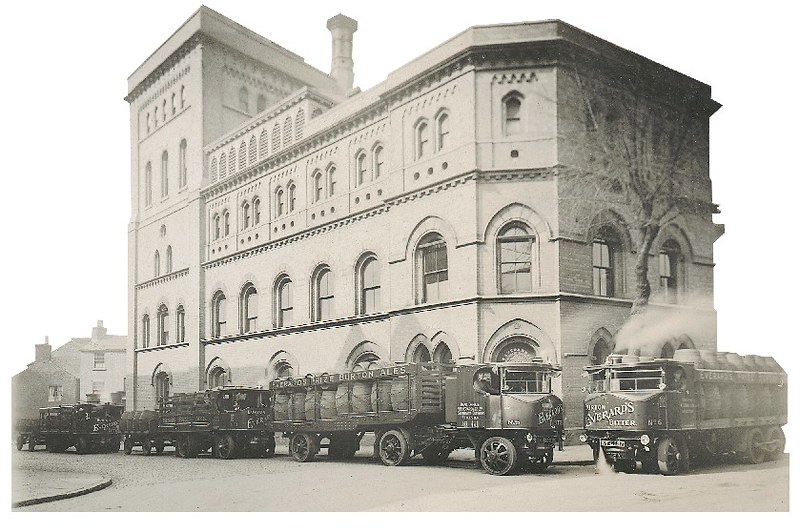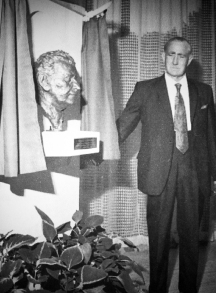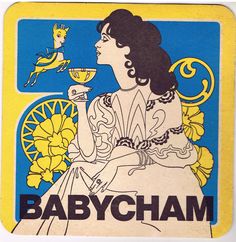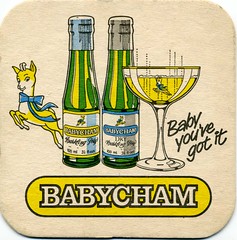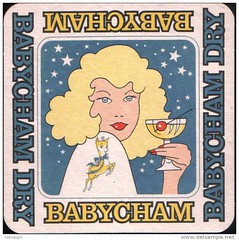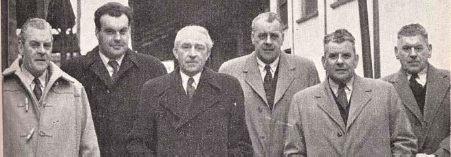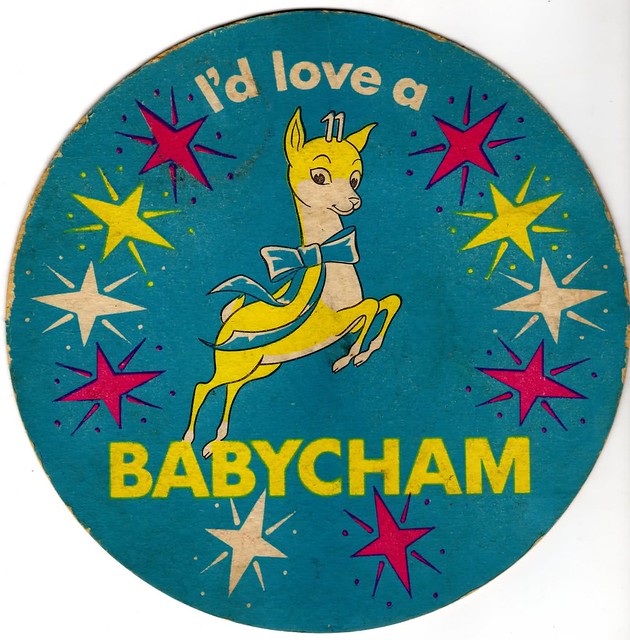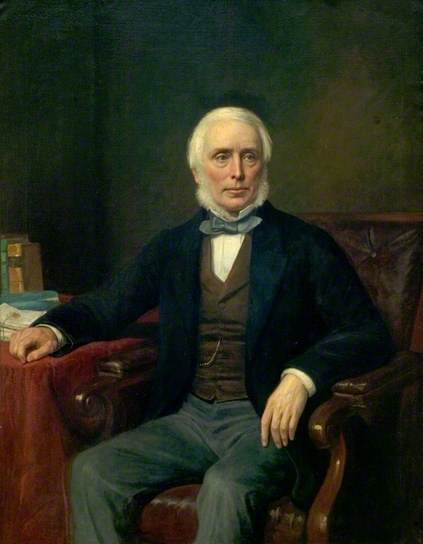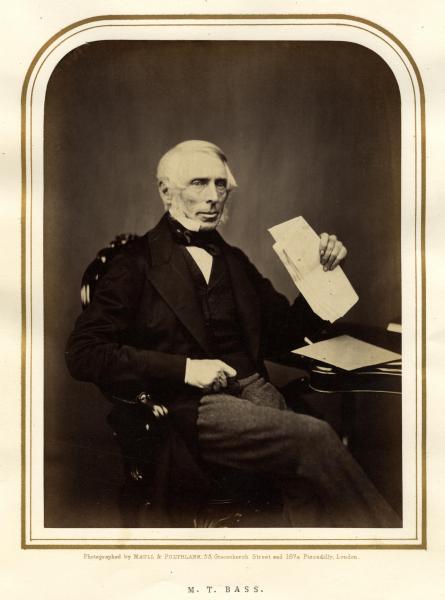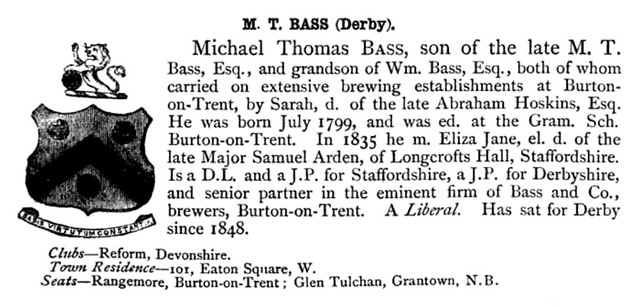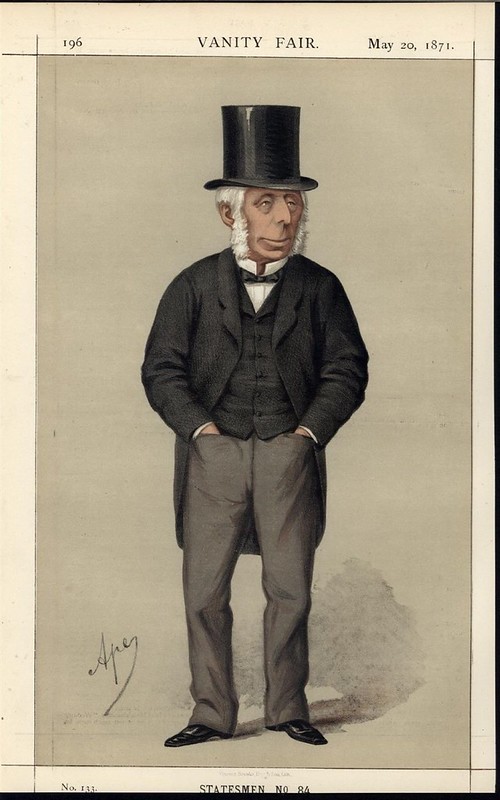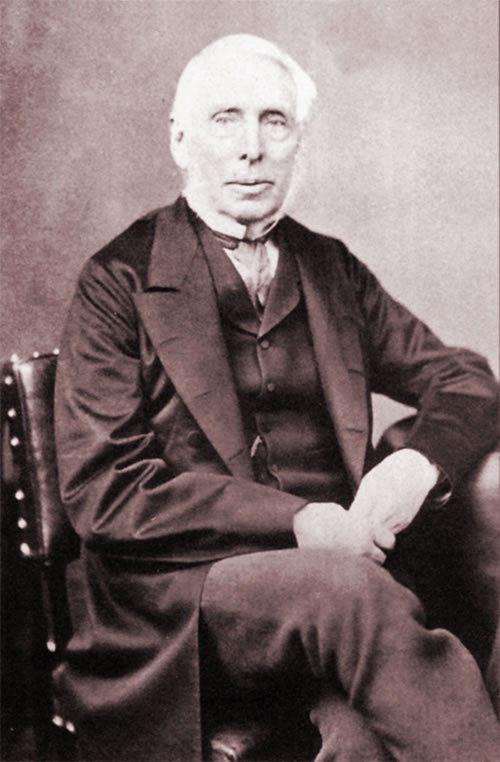
Today is the birthday of Timothy Taylor (August 6, 1826-January 1898). He was born in Bingley, part of West Riding in Yorkshire, England. In 1858, he founded a brewery with two partners, local businessmen James Shackleton and John Naylor, but by 1863 the partnership was dissolved and it became known as Timothy Taylor & Co. His sons, Percy and Robert Henry, joined him in the family business, and today the brewery remains in the Taylor family.
Here’s part of the early history of the brewery from the UK journal Brewery History:
Timothy Taylor, born on the sixth of August 1826 at Bingley in the West Riding of Yorkshire, was the eldest son of Richard and Elizabeth Taylor (neé Petyt). The family lived at Myrtle Place, Bingley, in 1841. Richard’s trade was tailoring and at that time they had an apprentice living with them. By the following census, Timothy had joined his father in business, then at premises on the Main Street, Bingley.
Between the years 1854 and 1857 a branch of Taylor & Sons, tailors and drapers, became established in Low Street, Keighley, with Timothy moving there, presumably to manage the outlet. The town had a population of 18,259 in 1851, with its main industries being the manufacture of textiles and engineering. Drinkers were able to slake their thirsts at eighteen fully licensed public houses and nine beerhouses. Three pubs were situated in Low Street, the thoroughfare where Timothy had set up shop.
Next door to his premises was the business and residence of Robert Aked, printer, stationer and stamp distributor.
Robert had one daughter, Charlotte, who married Timothy on the seventeenth of September, 1857 at the parish church. The following year Timothy commenced brewing in Cook Lane, a road that adjoined Low Street.
Whether his father-in-law instigated this new career move or was entirely of Timothy’s own volition it is not known, obviously he would have seen the amount of trade done by the local inns. He continued with his tailoring and drapery business, which had by 1861 been removed a short distance along Low Street, to a point where it became Change Gate. The company purchased their first public houses during 1859, the Volunteer’s Arms, Lawkholme Lane, Keighley, and New Inn at Bocking.
Richard Metcalf of Barking, Essex, presumably a property speculator, offered for sale in May 1863, the Knowle Park Estate, either in one lot or several lots. Timothy bought an area of land 5,000 square yards, forming part of Walker Royd Close, opposite Knowle Park Farm. The purchase of this green field site, about half a mile from the Cook Lane property provided the opportunity to move away from what was at that time the rather insanitary centre of Keighley and secure a pure supply of brewing liquor. An application to build at the Knowle came before the Keighley Local Board of Health in June 1863, sometime after that date Knowle Spring House, brewhouse and maltkiln were erected. The dwelling house was built as two homes for the Taylor and Aked families. Ownership of the land changed in September 1863 to Robert Aked. In this rural idyll, Timothy also farmed and when he later advertised for a malt kiln worker, one with agricultural experience was preferred.
By 1867 it appears he had severed all connections with the textile trade and a couple of years later showed his commitment to the local brewing trade by joining the Bradford and District Brewers’ Association’s first committee.

And this early history is from the UK blog Make Mine A Magee’s:
The founder of the firm, Timothy was born in Bingley in the West Riding of Yorkshire, on the 6th of August 1826 to Richard and his wife Elizabeth. Richard Taylor was, appropriately enough a Tailor, who at the time of Timothys birth was living on Myrtle Place in Bingley; and his eldest son joined him in his business. Soon after leaving school in 1841, where he quickly learned his fathers trade and went on to become the companys salesman in the local towns, and by 1853 the concern was known as Richard Taylor & Sons with premises on Main Street in Bingley and a second branch opening in Keighley in 1854; where Timothy was joined by his younger brother, Henry. However after two years the business partnership was dissolved; with Henry Taylor moving back to help run his fathers business in Bingley as a separate concern. The neighbours of Timothy at his premises on Low Street in Keighley included another local businessman, Robert Aked whose daughter Charlotte was to marry Timothy Taylor, in the parish church of Keighley on September 17, 1857.
In 1858, a family tragedy (the death of Timothy`s brother-in-law, Charles) quite probably gave him the inspiration to enter the brewing trade; as later in 1858, he entered into a partnership with local businessmen James Shackleton and John Naylor An old barn and stables on Cook Lane in Keighley were chosen as suitable for conversion to a brewery and Timothy commenced producing his ales later that year. The business began to prosper and by 1861, the census returns show that Timothy Taylor was listed as a Brewer, employing 8 men and 1 boy; however in 1863, the partnership between Timothy and the other gentlemen was dissolved on the 22nd of April.
Later, in 1863, the estate of the Greenwood family in Keighley; Knowle Park was offered for sale by their agent, and Timothy was possessed of sufficient acumen to acquire a substantial portion of it; and in June of that year, an application was duly presented to the Keighley Board of Health to erect a new brewery and other structures; amongst which was Knowle Spring House, (The family home for many years). By 1867, Timothy had severed most of his close ties with the clothing trade and was a founder member of the first committee of The Bradford & District Brewers Association whose first meetings were held in that year. Sadly, Timothy Taylor passed away in January 1898; with the business carried on by his sons Robert Henry Taylor and Percy Taylor, and by 1911, rising demand for the brewery’s products saw an expansion of the brewery, with new buildings being erected to house a Mill, Mash Tun (which was in use until 2000), Copper and Hop Back (replaced in 1976).











